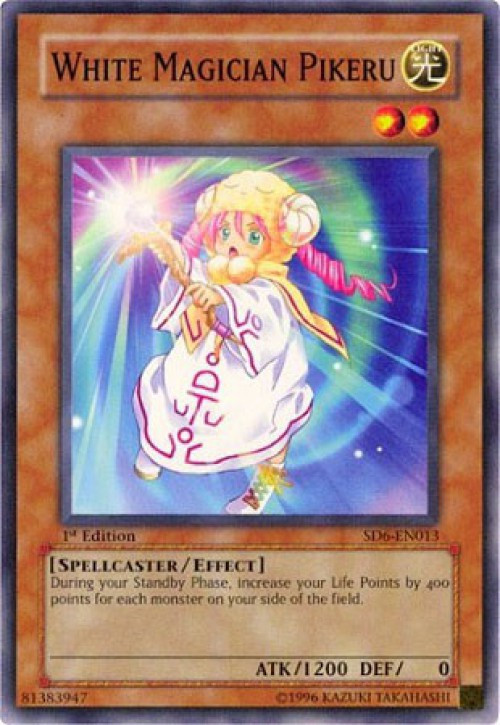

Practical innovators, creating new spells or using old spells creatively. Humans take to magic for any of various reasons: curiosity, ambition, lust for power, or just personal inclination. Nevertheless can't deny the rustic's identity as a wizard.

But while a guild magician may look down her nose at a rustic wizard who learned his arts from a doddering hermit, she InĬivilized lands where wizards study in academies, schools, or guilds, wizards also identify themselves and others according to membership in theseįormal organizations. Unlike fighters or rogues, wizards see themselves as members of a distinct, if diverse, group. They all conform to the same laws of magic. Even wizards from very different cultures or magical traditions have much in common because Wizards recognize each other as comrades or rivals. Wizards in general are more devoted to their studies than to their Evil necromancers are known to worship Nerull (god of death). Some, especially necromancers or simply more misanthropic wizards, prefer Wee Jas (goddess of deathĪnd magic). Wizards commonly revere Boccob (god of magic). Transmuters, however, are masters of deception and change, respectively. Overall, wizards show a slight tendency toward law over chaos because the study of magic rewards those who are disciplined. For some wizards, their familiars are their Like a sorcerer, a wizard can call a familiar - a small, magical animal companion that serves her. More powerful in her chosen field, but it denies her access to some of the spells that lie outside that field Some wizards prefer to specialize in a certain type of magic. In addition to learning new spells, a wizard can, over time, learn to manipulate her spells so they goįarther, work better, or are improved in some other way. She learns new spells as she experiments and grows in experience, and sheĬan also learn them from other wizards. They may also have any of the noble or ignoble They seek knowledge, power, and the resources to conduct their studies. When prepared, they can use their spells to devastating effect. Wizards conduct their adventures with caution and forethought. For a wizard, magic is not a talent but a difficult, Tomes, debate magical theory with their peers, and practice minor magics whenever they can. Wizards depend on intensive study to create their magic. Years before that spent in apprenticeship to learn the arts of magic. These simpleĪcts make magic seem easy, but they only hint at the time the wizard must spend poring over her spellbook preparing each spell for casting, and the

Eidetic spellcaster 3.5 feat free#
Example: If Solaris the Sorcerer wanted to cast a Quickened Fireball (Which would require a 7th-level spell slot), he could instead sacrifice four 1st-level spell slots, two 2nd-level spell slots, One 2nd-level spell slot and two 1st-level spell slots, or any combination of spell slots adding up to 4 spell levels In doing so, the Fireball's metamagic cost would be reduced to +0 and the spell would go off as a free action.īack to Main Page → 3.A few unintelligible words and fleeting gestures carry more power than a battleaxe, when they are the words and gestures of a wizard. A spell whose metamagic cost has been reduced to +0 takes no longer to cast than it would if metamagic had not been applied. You can consume any number of spells slots equal to or lower than the spell level adjustment the metamagic calls for This reduces the cost accordingly. 101), any metamagic feat Benefit: When you attempt to spontaneously apply metamagic to a spell, you can consume spell slots to reduce the cost of the metamagic. Improved Versatile Spellcaster Prerequisites: Ability to spontaneously cast spells, Versatile Spellcaster (Races Of The Dragon, p.


 0 kommentar(er)
0 kommentar(er)
